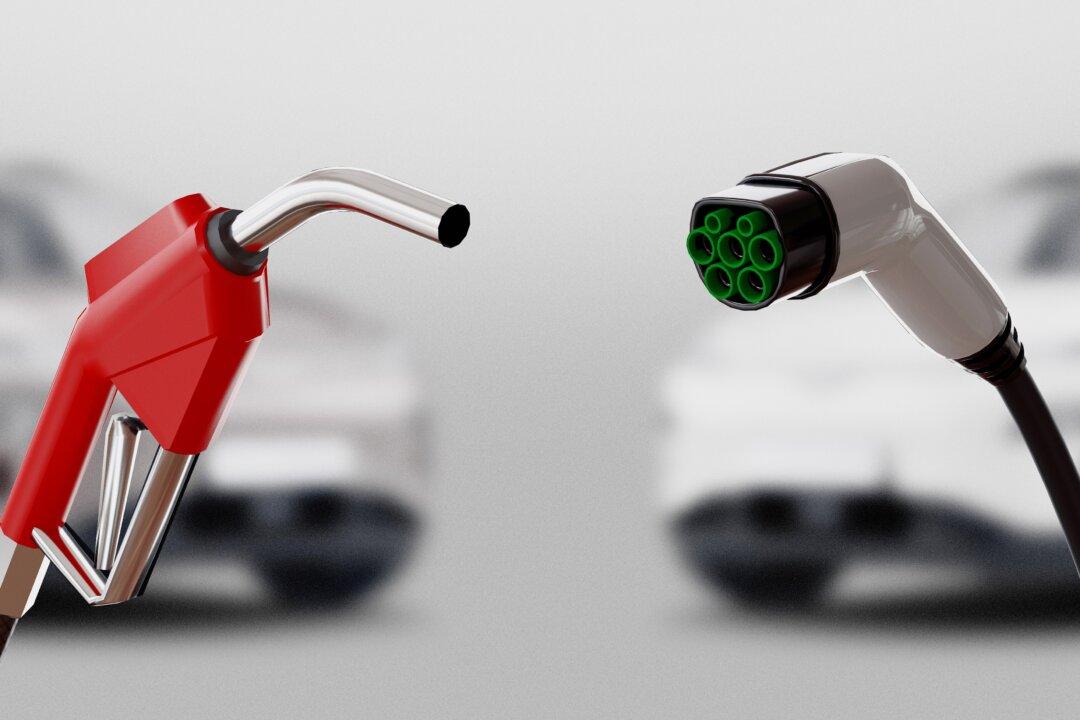The national average price for gasoline in the continental United States reached $5 in mid-June. People who spend multiple hours in their cars daily were flummoxed. No one was likely to get an increase in salary to match the increase in gas prices, so most people were forced to refigure their transportation budgets accordingly.
Meanwhile, those consumers who have already purchased electric cars are enjoying the fact that they are not screaming at fuel pumps.






